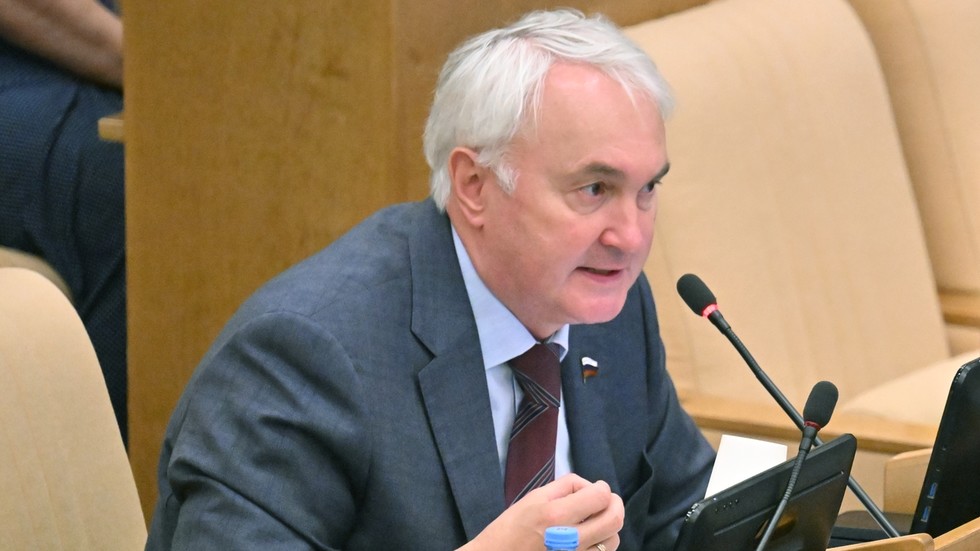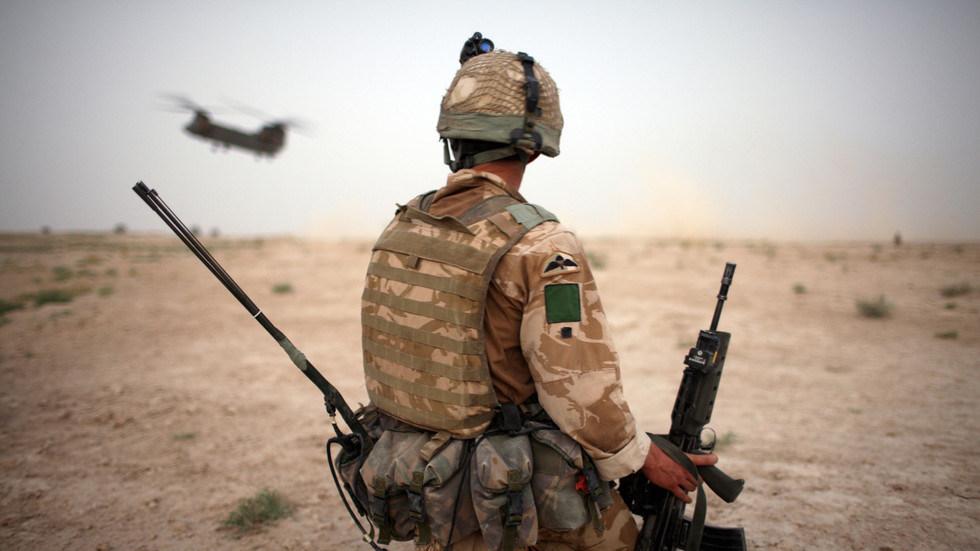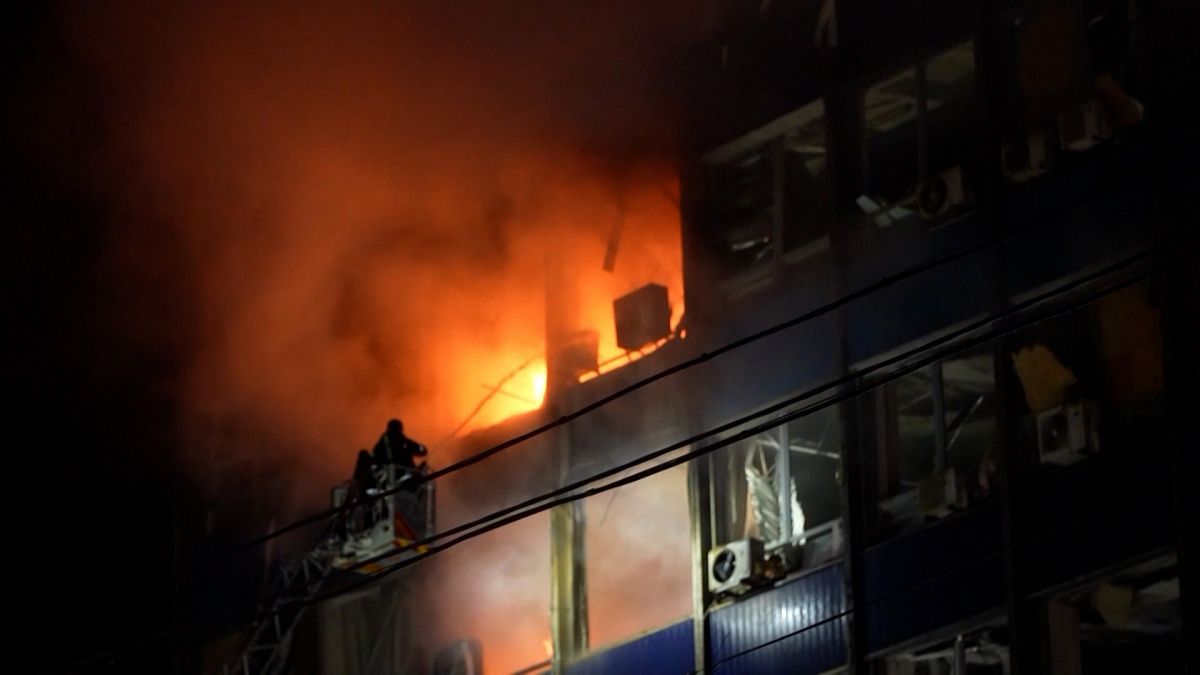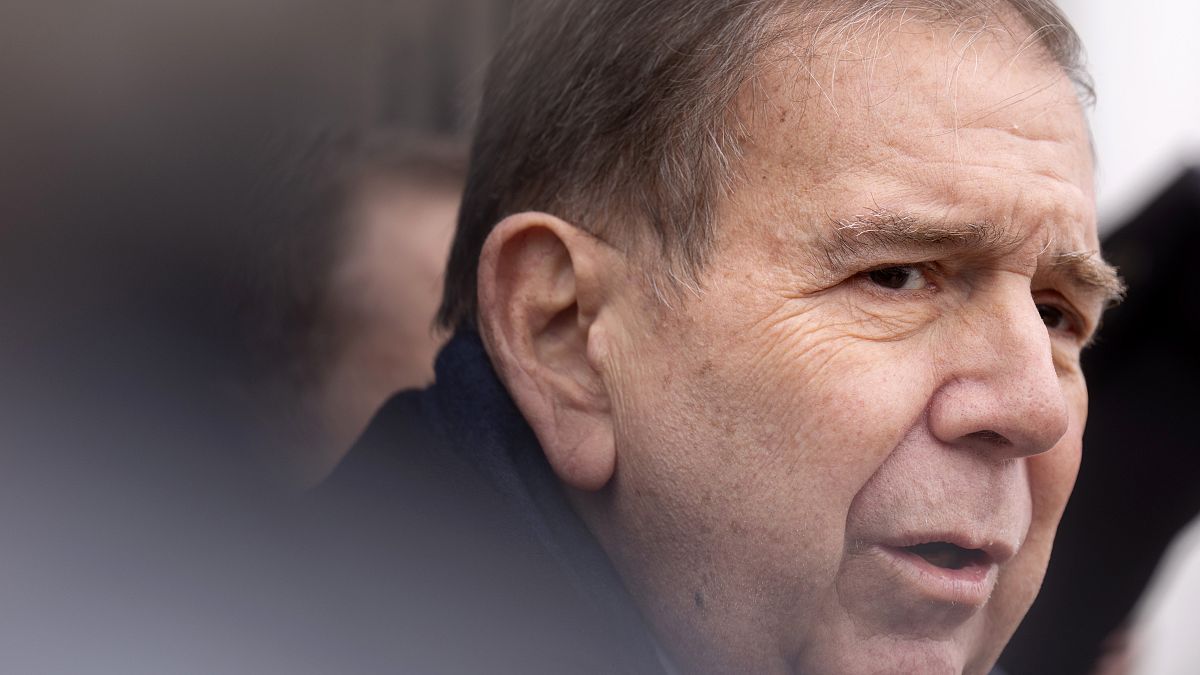Qatar, one of the principal mediators in negotiations between Israel and Hamas, recently suspended all mediation efforts due to a reported lack of will on either side. Where are things headed now?
After a diplomatic dash by US Special Envoy Amos Hochstein, a possible ceasefire deal is in sight in Lebanon. Israeli media report that the Israeli government is close tofinalising terms that would see a cessation of fighting between Israel and Hezbollah.
And yet, just beyond Israel's southern border, intense fighting continues in Gaza, where the death toll from the Israeli government's nearly 14-month-long offensive now exceeds 44,000. As airstrikes continue to pound the territory and more than 100 hostages remain captured by Hamas, a ceasefire deal seems further away than ever.
Earlier this month, officials in Doha suspended mediation efforts between Hamas and Israeli officials, in what some see as a major blow to achieving peace. For others, this just formalised what was already apparent.
“The Qatari prime minister … expressed back in the spring that the space for negotiation was closing,” said Dr Kristian Coates Ulrichsen, a Middle East Fellow at the Baker Institute think tank in Houston, Texas. He told Euronews that “there simply isn't that will to have a breakthrough, there simply isn't that desire.”
A different expert on the region was less circumspect: "They ballsed that up, didn’t they?"
Why did talks break down?
Ulrichsen suggested that Israel had a large part to play in the breakdown of negotiations.
"There's simply not a political will among the Israeli leadership … there was frustration felt in Doha, the fact that they kept trying to bridge the gaps and that every time the Qataris felt that a bridge had been gapped, the Israelis, especially the Israelis, would put up new conditions”.
In August, Israeli media reported that Prime Minister Benjamin Netanyahu had added new conditions to a possible hostage deal at the lastminute.
Michael Stephens, a Gulf expert at the Royal United Services Institute think tank who regularly advises the UK government, said that Hamas leaders were far from blameless — in particular assassinated Hamas leader Yahya Sinwar.
“Ultimately, you know, Sinwar was a pretty uncompromising guy," he told Euronews.
Stephens conceded that when the main mediator, Ismail Haniyeh, was assassinated in Tehran, "it didn't leave the Qataris with an awful lot to mediate".
Ulrichsen agreed, adding that “the killing of Haniyeh began to make people question the value of a negotiating process, when one party then decides to target and eliminate the other”.
Haniyeh was killed in an explosion in Tehran in July. His death was widely attributed to Israeli intelligence services, who have never confirmed their involvement.
Both Ulrichsen and Stephens agreed that Netanyahu is waiting for the start of Donald Trump's second term as president, at which point the Israeli premier is expected to offer to wind down the war in Lebanon in exchange for Trump's backing for whatever he has planned for Gaza.
Shifting sands
With Doha out of the negotiations, eyes are turning to possible other locations and governments to take over the increasingly insurmountable task.
Egypt has been holding concurrent talks between Israel and Hamas since the 7 October massacres and has been “working quite closely with the US and with Israel,” says Ulrichsen. It appears that Cairo has no plans to wind down its diplomatic efforts.
Egypt has recently proposed an interim solution for a hostage deal and temporary ceasefire, and local media have quoted a senior Israeli official calling the proposed deal “closer thanever”. But it remains unclear what Hamas’ position is, and Ulrichsen sees Cairo as facing the same problems as Doha in trying to secure any significant breakthrough.
Sources in Qatar have also told various media outlets that Hamas political officials were kicked out of their Doha office, a claim both Hamas and the Qatari government deny. However, Hamas leaders are known to have relocated to Turkey, raising the possibility of talks there.
Until recently, Israel and Turkey had strong economic ties: in 2023, Turkey was Israel’s 5th biggest import partner (€4.4bn) and 10th biggest export partner (€1.5bn). However, earlier this month populist Turkish President Recep Tayyip Erdogan announced that “We, as the Republic of Turkey and its government, have currently severed all relations with Israel."
It is unclear how this policy will play out economically and politically, but it certainly reduces the possibility that Turkey will take up a mediation role.
Other gulf states are likely to be involved. Ulrichsen suggested to Euronews that Saudi crown prince Mohammed Bin Salman could take the lead given his warm relationship with Trump — and his increasingly close ties to Trump’s adversaries in Iran and China.
“Over the past two weeks since Trump won his second term, the Saudis have hosted the Organisation of Islamic Cooperation, called the situation [in Gaza] a genocide, and met with the Iranians and the Chinese,” Ulrichsen said. “I think it could be that the Saudis are making it very clear to the US: ‘We're sticking to our guns’”.
Stephens wasn’t sure any external negotiators had sway anymore.
“I simply do not know if there is anything to negotiate over. Only Benjamin Netanyahu and whoever takes over from Yahya Sinwar will know what that looks like.”

 1 month ago
14
1 month ago
14






 We deliver critical software at unparalleled value and speed to help your business thrive
We deliver critical software at unparalleled value and speed to help your business thrive






 English (US) ·
English (US) ·